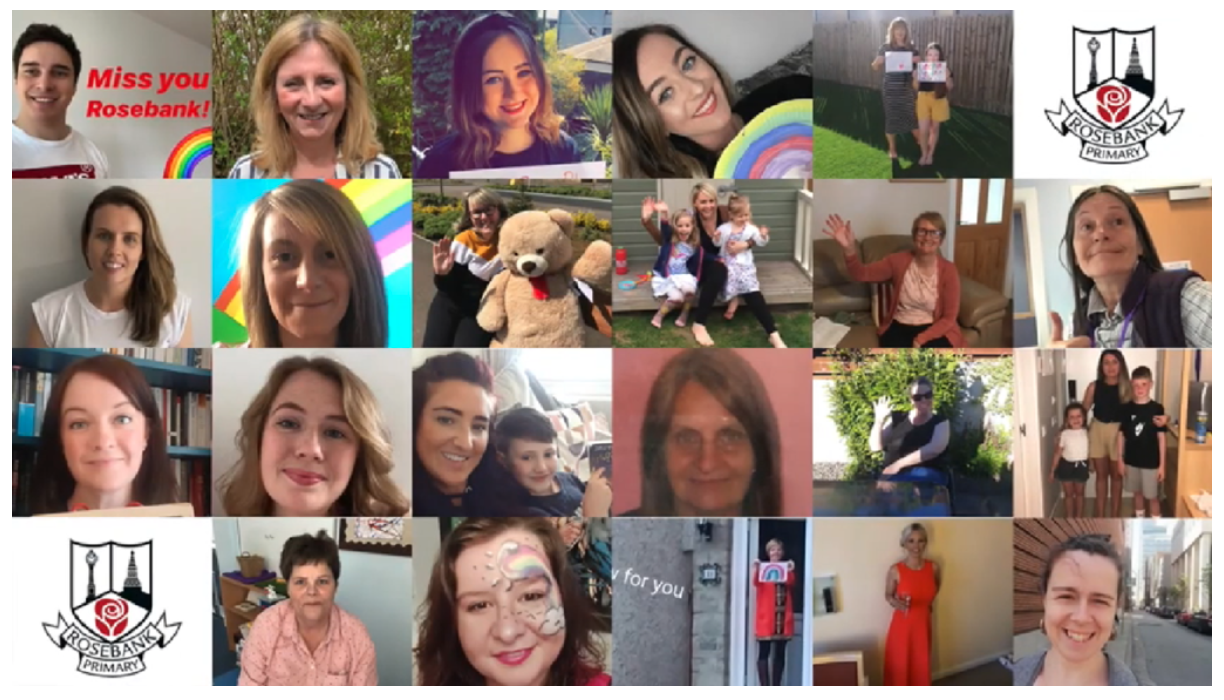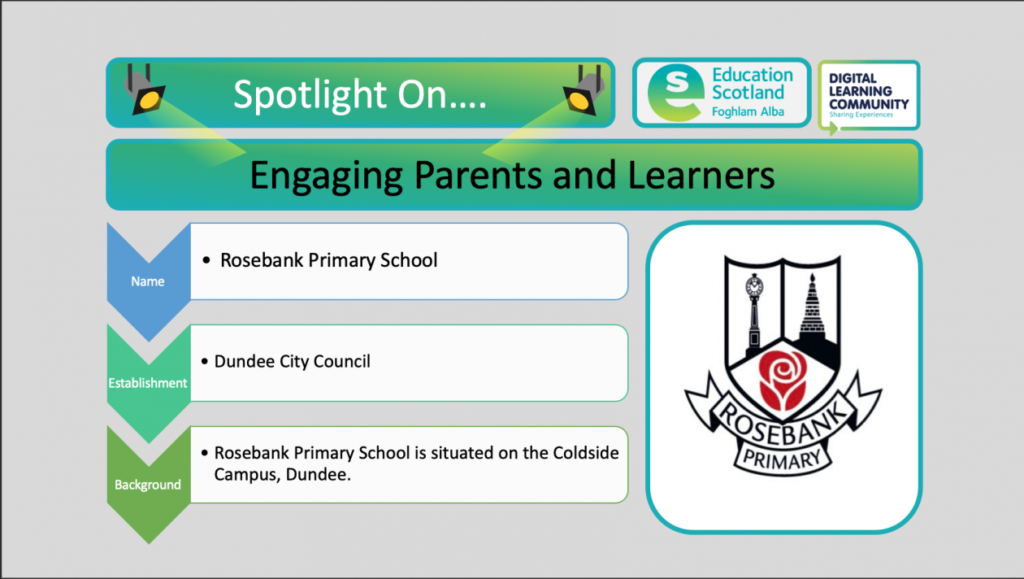 At Rosebank Primary we have strived to ensure our approach to remote learning for our pupils is delivered in as simplistic and stress free way as possible. We are continually mindful of the challenges many of our parents and families face in supporting their children to learn at home. These include many being new to English, they themselves having had limited educational input and huge poverty related gaps in their life experiences.
At Rosebank Primary we have strived to ensure our approach to remote learning for our pupils is delivered in as simplistic and stress free way as possible. We are continually mindful of the challenges many of our parents and families face in supporting their children to learn at home. These include many being new to English, they themselves having had limited educational input and huge poverty related gaps in their life experiences.
Most classes P2-7 had set up Microsoft Teams with their teachers in the week leading up to lockdown, allowing them to speak to staff directly and ask questions about their learning. This is working especially well in subjects such as literacy and numeracy.
P1 are setting weekly learning grids via Twitter and supporting Learning to Read via links to the online Ruth Miskin tutorials.
One of our P4 teachers has created a virtual classroom on powerpoint which includes links to various websites etc . The children just click and it takes them straight to their work task. There are Bitmoji images of the two teachers who take the class with their pets there too!
The P6 Digital class had a head start on Online Learning as alongside Teams they have also been using the app Seesaw. This has helped us to develop strong links between school and home. The pupils’ confident use of these technologies has aided a smooth transition to remote learning. We post daily tasks on Seesaw, which pupils complete and return to us for feedback. We can type up our replies or record our voices for them to listen to, which is slightly more personal. Once, the work is completed it is added to the pupil journal, where their parents can view and comment on it. We have also been able to use the messaging aspect of Seesaw to support parents and check in on families to offer support. We have used Teams as a place to make daily announcements and for pupils to ask questions or have discussion about their tasks. Today we hosted our first chat via Teams. We held a short general knowledge quiz then spoke to each child individually. We received lots of positive feedback from the pupils using a survey created in Forms. The video call will now happen weekly as part of Wellbeing Wednesdays, where we have our chat then we encourage pupils to spend the rest of the day screen free with no further tasks being posted until Thursday.

The SLT team have supported this by being in touch with families individually via telephone, email and twitter in order to refer them to the class teacher where there has been difficulties or confusion.
After initial feedback from parents we have reassured them that they should complete work when they can and have avoided the expectation and pressure of them clocking into events or giving pupils a rigid timetable. We have also reminded parents that they are not expected to be teachers and given play alternatives to many aspects of the learning.


